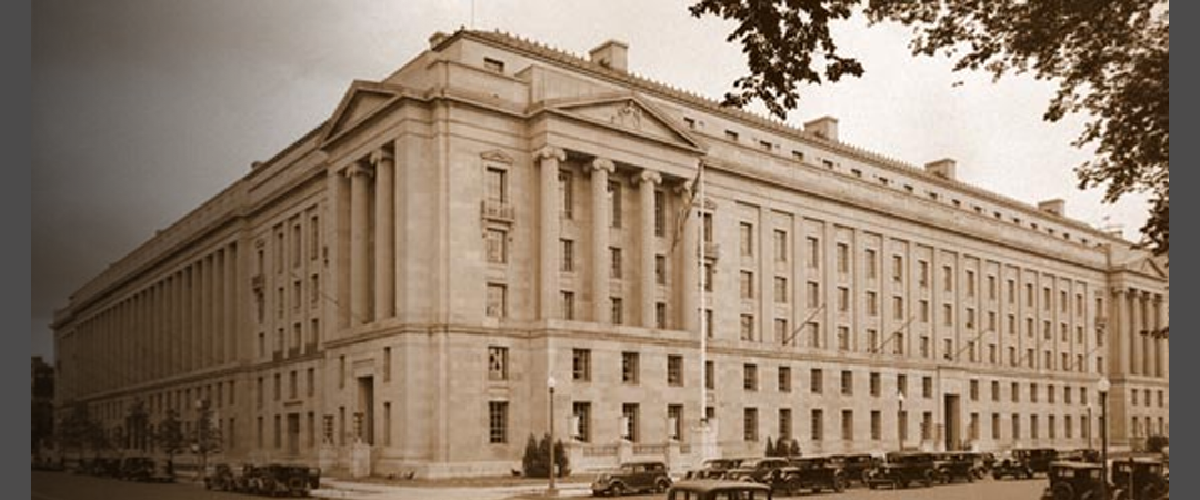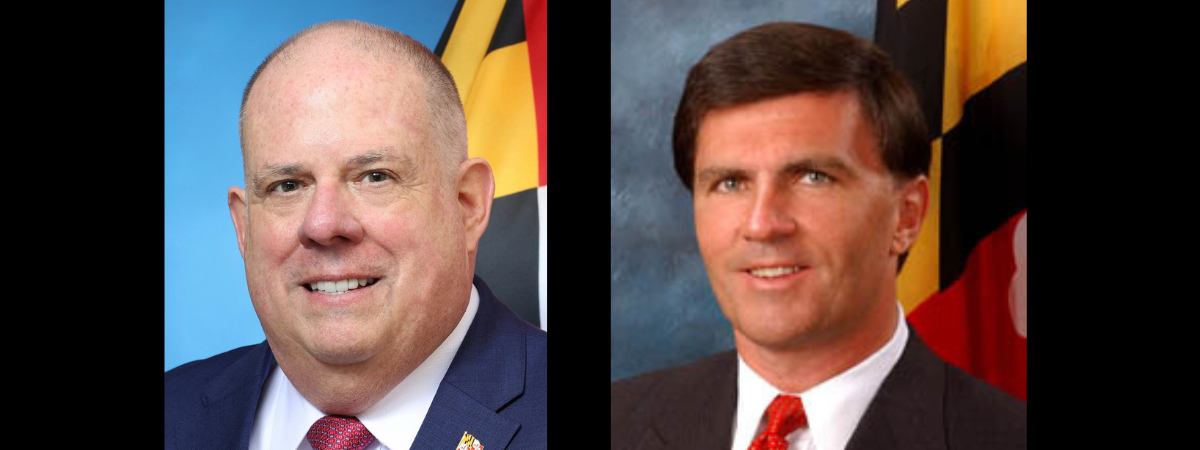The 2019 Maryland General Assembly
The 2019 session of the General Assembly is in the books. Several pieces of legislation important to the Eastern Shore have been decided on, while others will need to be revisited in a future session – if there is a strong enough push behind them.
One of the most anticipated was the “Blueprint for Maryland’s Future,” SB 1030 and HB 1413, which enacts the Kirwan Commission’s recommendations to increase funding to Maryland’s schools by some $850 million. It was passed by both houses and signed by Governor Larry Hogan. However, there was significant opposition to it among the Shore delegates, who cast nearly a third of the 20 “Nays” on the final vote in the House of Delegates. Del. Jeff Ghrist of Caroline County pointed out that the Blueprint’s funding recommendations hit some Shore counties harder than others. For example, Kent is to receive only $310,000, largely because of the way the commission’s formula calculates poverty levels. As Del. Jay Jacobs of Kent noted, there are significant pockets of poverty in the county despite its high average wealth.
Jacobs also said that several bills related to the Chesapeake Bay and the environment as a whole were detrimental to the interests of watermen, especially HB 1, prohibiting dredging oyster shells from Man O’ War Shoal. The bill, which had the backing of the Maryland Department of Natural Resources as well as watermen’s groups, failed to win passage. Jacobs pointed to the Chesapeake Bay Foundation as a strong factor in turning legislators against watermen’s interests.
Several Shore delegates were sponsors of HP 1123, on Hemp Research and Production, which was approved unanimously by both houses. The bill establishes a program to promote the growing of hemp and the sale of hemp-based products in the state and elsewhere. It also establishes regulations to avoid cross-pollination of hemp and medical cannabis crops.
Congressional redistricting and apportionment were the subject of SB 90 and HB 43, both of which would have established an independent commission to deal with legislative and congressional redistricting, a matter of particular interest to the Shore, which after the 2010 census was combined with Western Shore counties to make up a “safe” Republican congressional district. Maryland’s congressional districts have been challenged in a Supreme Court case on grounds of gerrymandering to favor the state’s Democratic majority. The House bill died in committee.
While its impact is hardly restricted to the Shore, HB 166, establishing a $15 minimum wage for the state, was passed by the Assembly only to be vetoed by Governor Hogan. The Assembly then overrode the veto, by 96-43 in the House of Delegates and 32-15 in the Senate. The Eastern Shore representatives almost unanimously opposed the bill, with Del. Sheree Sample-Hughes the only “Yea” vote.
A bill to establish a pilot program at the Chestertown hospital, which proponents said would enable the hospital to build a strong foundation for a continued presence in the community, died in committee. Sponsored by Sen. Stephen Hershey, the bill had the support of both the community and of University of Maryland Shore Regional Health.
Another bill related to the Chestertown hospital did pass. This bill requires University of Maryland Shore Regional Health to provide information showing whether services and specialties at the hospital have been reduced or moved to other facilities since 2015.
These are a few of the measures addressed by the General Assembly’s 2019 session.
For a full account, visit the General Assembly website: http://mgaleg.maryland.gov/webmga/frm1st.aspx?tab=homeCommon Sense for the Eastern Shore







